Many people are turning to cooking at home during COVID-19, and how to keep the kitchen safe has become a topic of great concern.
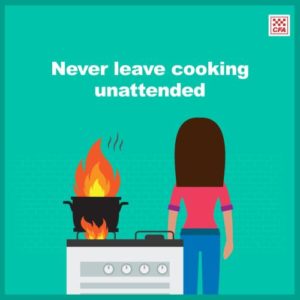
Image by CFA News and Media
With the spread of COVID-19 in the world, more and more countries have adopted social isolation to slow the spread of the disease. Many bars, restaurants, and other public places are closed. More and more people spend more time at home than before. In addition to eating, working, studying, and having fun at home, cooking has also become a way people spend their pastime.
Cooking at home is not just to fill up your stomach, but also a way to relax. As Samin Nosrat, (the cookbook writer and host of Netflix’s Salt Fat Acid Heat) said, when trapped in an apartment, cooking and baking has become a way to get rid of lonely. And cooking also can eliminate her fear and anxiety.
As more and more people are addicted to cooking, more and more people are injured during cooking, such as being scalded by hot oil or other liquids, or being burned during BBQ, etc. According to a ‘Sydney Morning Herald’ news, the injuries suffered during cooking are generally severe, and even these patients will be admitted to ICU.
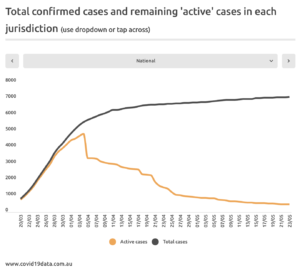
Image by Coronavirus (COVID-19) in Australia Source: https://www.covid19data.com.au
But in this situation, for the average person, the hospital is a high-risk place. Many people were initially healthy, but they did not take properly protective measures when they came to the hospital. It is easy to get COVID-19 in the hospital. The way to avoid this infection is to ensure cooking safety when people cook at home. Therefore, according to the current situation, people will pay more and more attention to how to ensure the safety of the kitchen.
Li Zheng, 20, is a Chinese student studying in Sydney. During the COVID-19, he often cooks at home.
“I didn’t notice the water on the kitchen floor when I was cooking, and then I slipped and knocked over my pot. Fortunately, I wasn’t burnt by the boiling water in the pot, but when I slipped, my arm knocked on the cabinet, ” Li said.
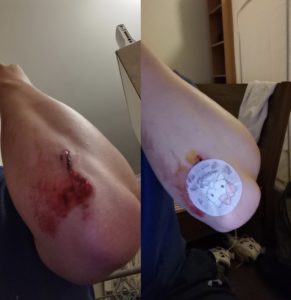
“I look back now, and I’m really scared. If I didn’t avoid my pot when I slip, I will be seriously scalded. And now this special period, the hospital is a high-risk place, and I really worry about my going the hospital will be infected with COVID-19.
“Last Friday I cut vegetables while watching videos on my mobile phone, and almost cut my fingers. Fortunately, I just cut my fingernails,” said
Many people are also at risk due to some incorrect operations when cooking. Someone may have skin or flesh injuries, and the severe ones may cause fire and explosion.
“I’m more used to cooking and doing something else. It’s really dangerous. Another time I put the lamb in the oven and went to play computer games. Then I forgot my lamb chops. Later, because the oven temperature was too high, a lot of smoke came out of the oven. The smoke also triggered the smoke alarm, ” said Li.
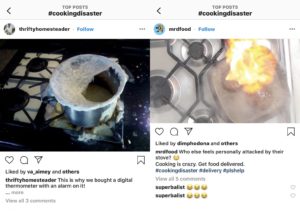
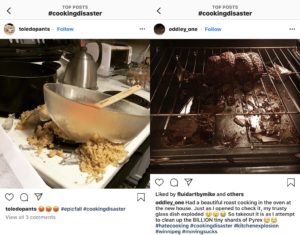
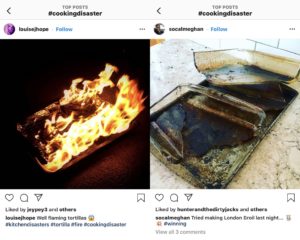
A video of cooking disaster on Instagram
How to keep the kitchen safe?
Top 10 Kitchen Safety Tips
Source: https://www.youtube.com/watch?v=L-b8gb6_vrw&list=WL
- Install smoke alarm
- If there is a problem with the circuit that causes a fire, the alarm will sound the alarm as soon as possible. The cooks can take timely measures if they find out in time.
- Stove safety
- Do not place flammable materials near the stove.
- Metal material will conduct heat, so metal tableware should be far away from the stove.
- Keep a distance from the gas stove when igniting, and female should tie up their hair.
- Do not splash water after the pan is on fire; cover it with a lid.
- Do not use a lighter to light the gas stove.
- Don’t cook when there is no one at home.
- Open doors and windows and kitchen ventilator when cooking.
- Do not pour flour next to the gas stove. When the fine dust particles reach a certain concentration, they will explode when exposed to an open flame.
- Make sure the stove is turned off after you finish your meal.
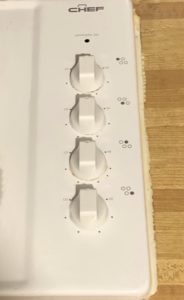
- Oven and microwave safety
- When using the oven, use the oven-specific tableware to avoid the tableware from bursting in the oven.
- The lid should be removed to prevent the lid from breaking in the microwave oven when putting the covered meal box in the microwave oven.
- It is best not to heat the eggs in the microwave oven. If you want to cook the egg with microwave oven, be sure to remove the shell, put it in a container, beat it, and heat.
- Electricity safety
- Do not use multiple high-power appliances simultaneously on a plug-in board to avoid overloading and cause a fire.
- Do not touch electrical devices with wet hands. Otherwise, you may get an electric shock.
- Water, electricity, and fire must be separated!
- Electric cookers, electric casseroles, induction cookers, and other movable electrical appliances should be unplugged in addition to turning off the switch after use. Electronic devices will be damaged if they are energized for a long time, which may cause a fire.
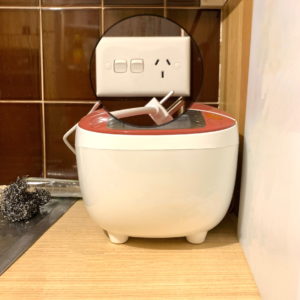
- Water safety
- The root of the kitchen pipe is the most prone to cracks and leaks. Remember to check it regularly.
- Ensure that the kitchen floor is dry, and if there is water on the floor, wipe it off in time.
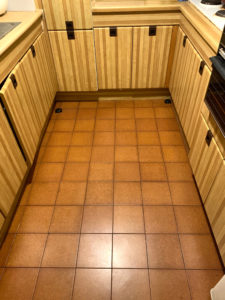
- Tableware safety
- Do not use the same knife to cut raw meat and cooked food. The chopping board must be washed thoroughly before cutting cooked food.
- When chopping vegetables, you should concentrate on them, and do not focus on other things.
- Wash knives in time after opening cans.
- Wash tableware thoroughly every time you use them.
- Iron pots with severe rust, black skin, and black slag shall not be used.
- Keep knives in drawers or cabinets that children cannot reach.刀
- Food safety
- Foods must be washed before cooking.
- Meat and milk must be cooked thoroughly before consumption. Thorough cooking means that the temperature of all parts of the food reaches at least 70 °C.
- Do not let insects, rats, and other animals contact with food. Animals usually carry pathogenic microorganisms. The best way is to keep food in closed appliances.
- Food should be sealed before putting it in the refrigerator.
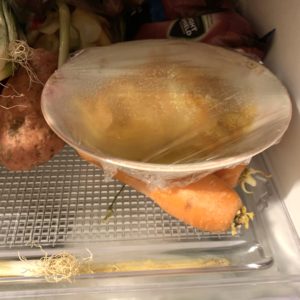
Do you have any tips on kitchen safety?
Do you have any tips about using the kitchen safely? You can share it with everyone in the comment section. If you think this blog is handy, please actively share it!
Accident Can be Prevented!

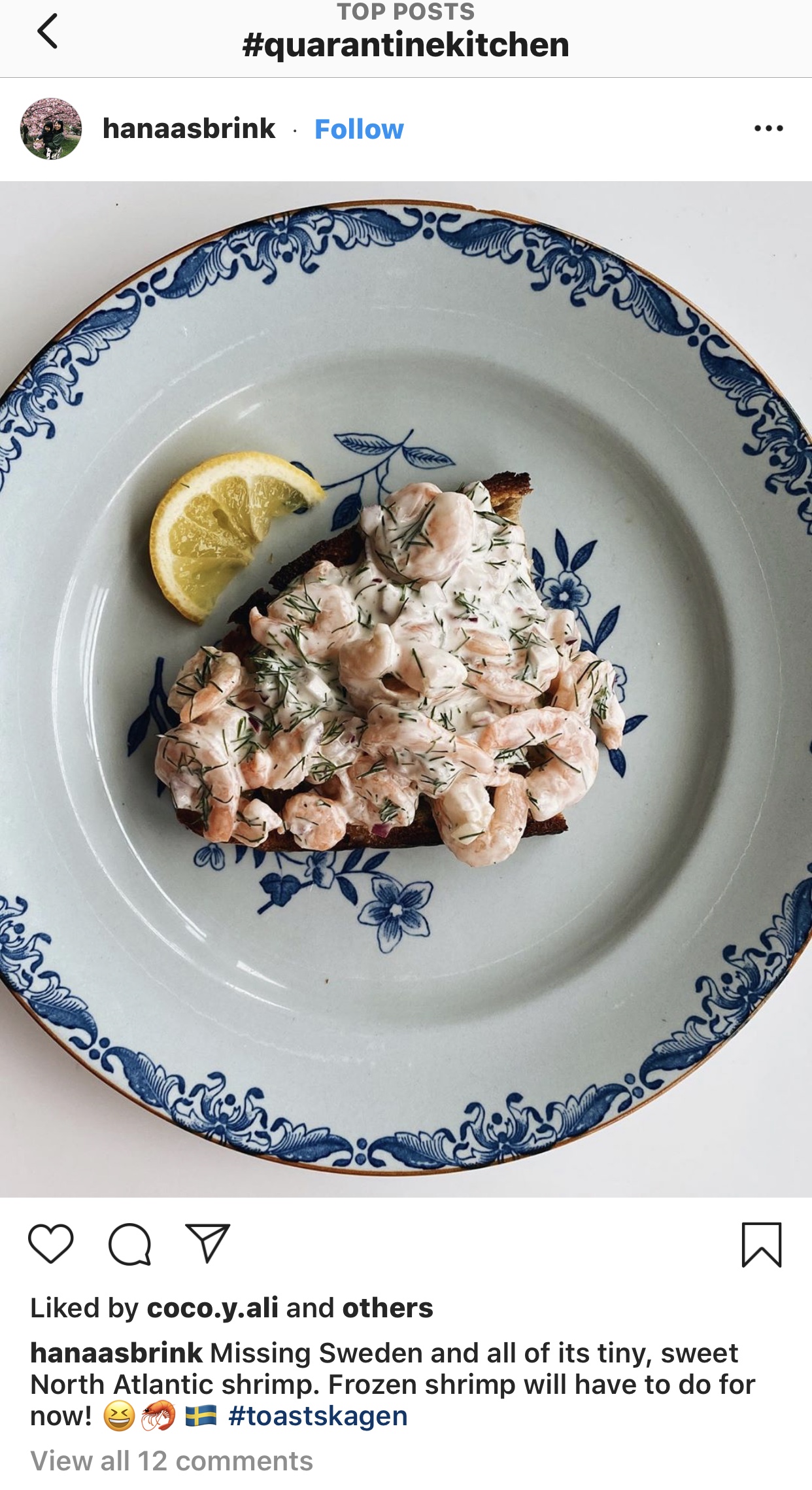
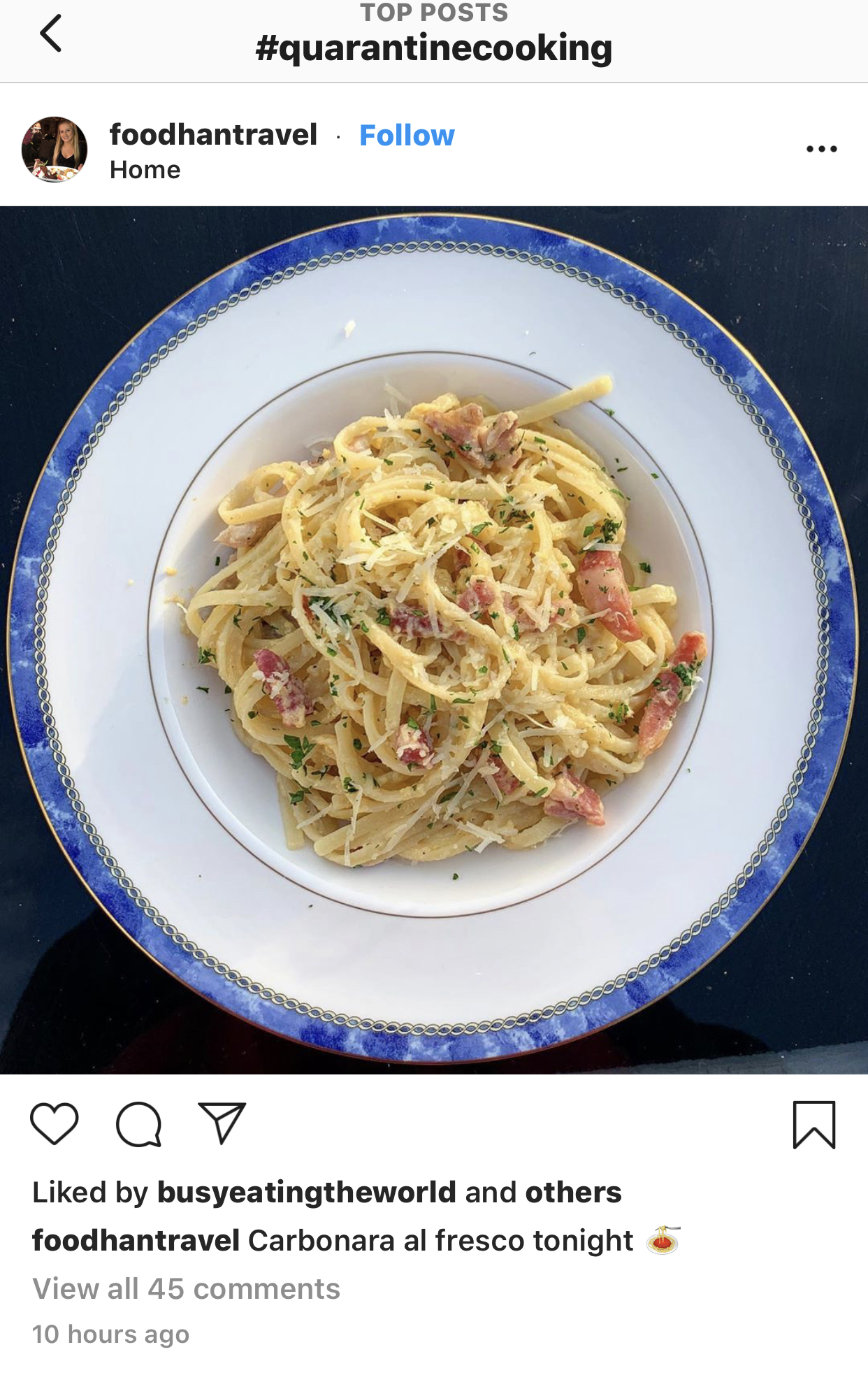
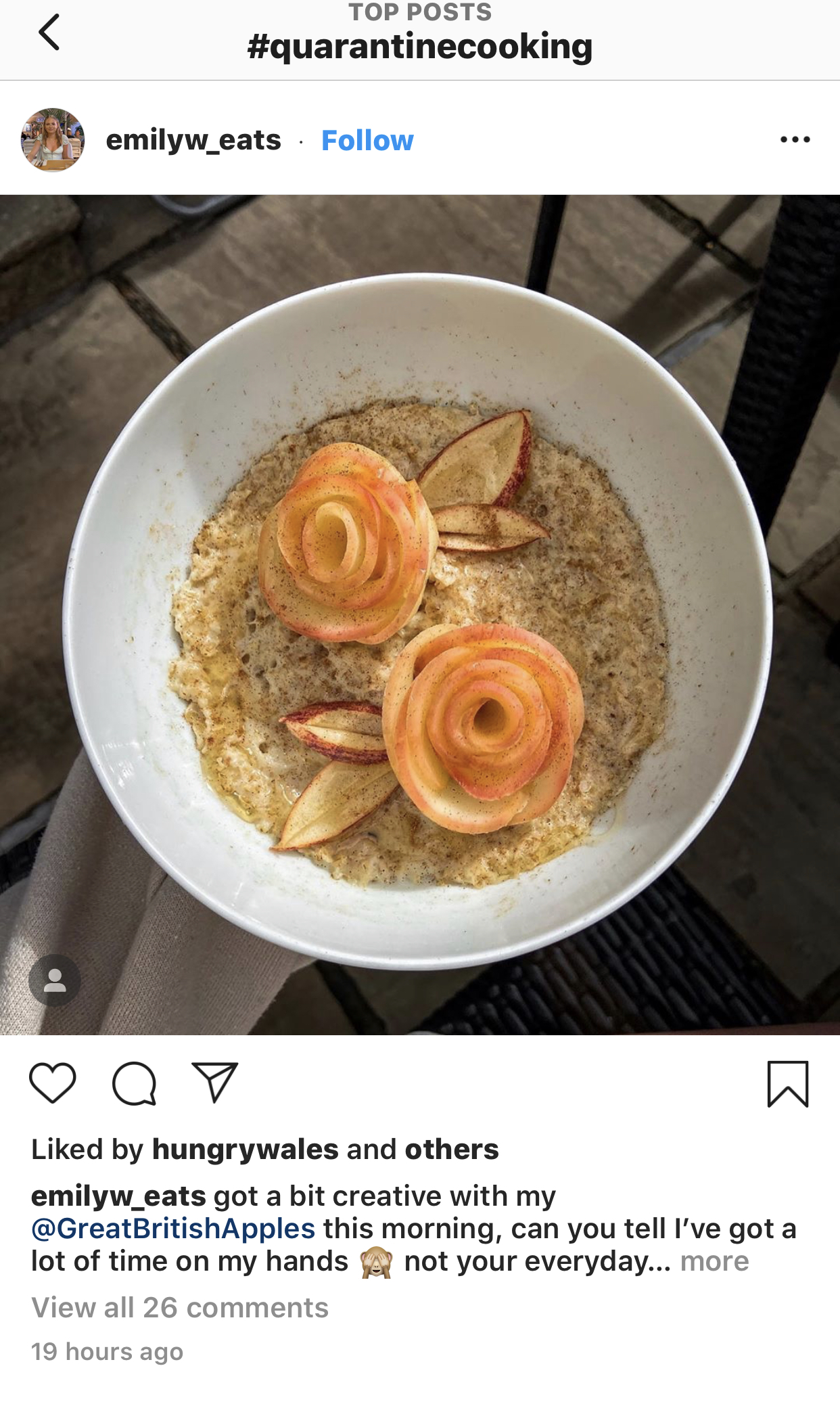
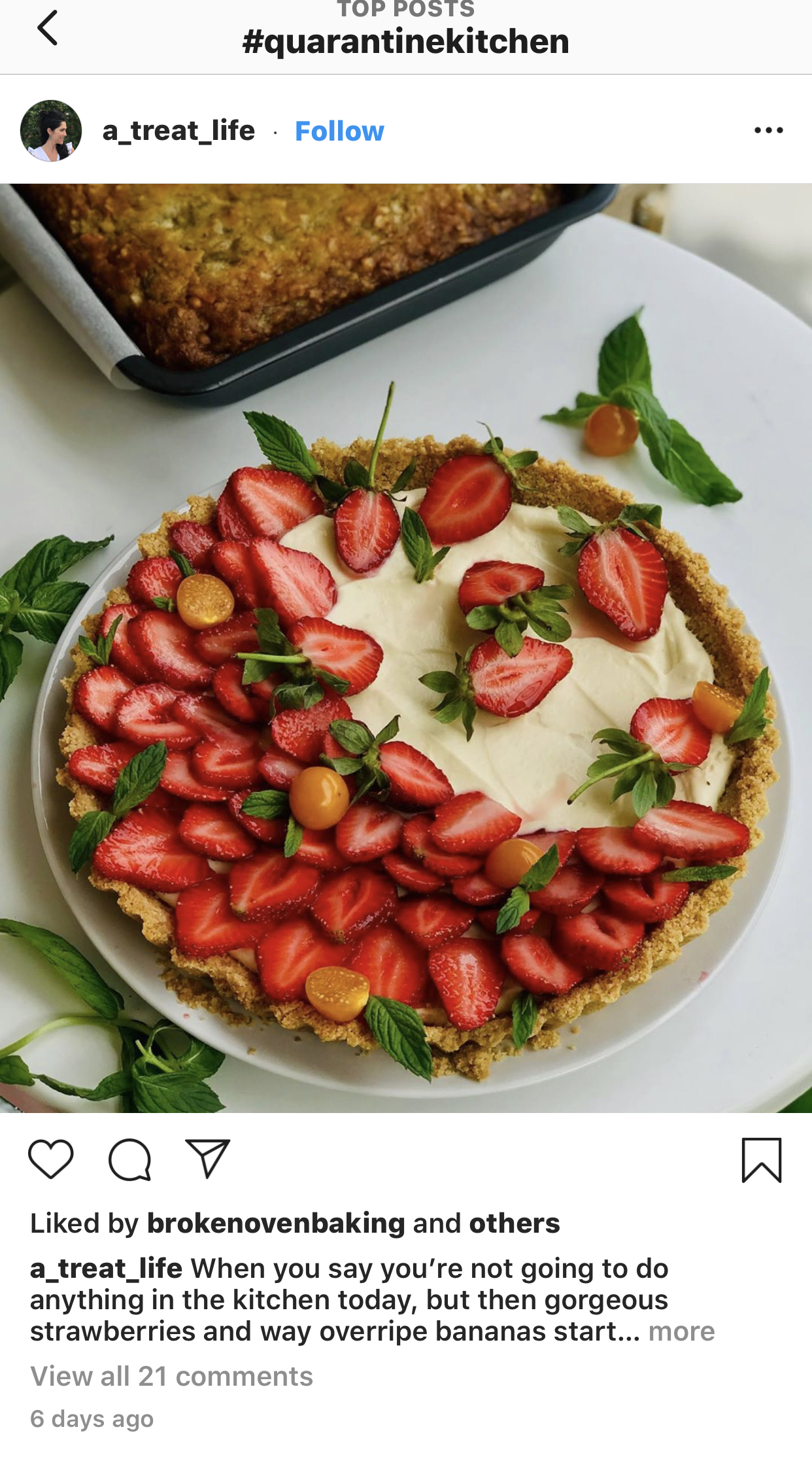
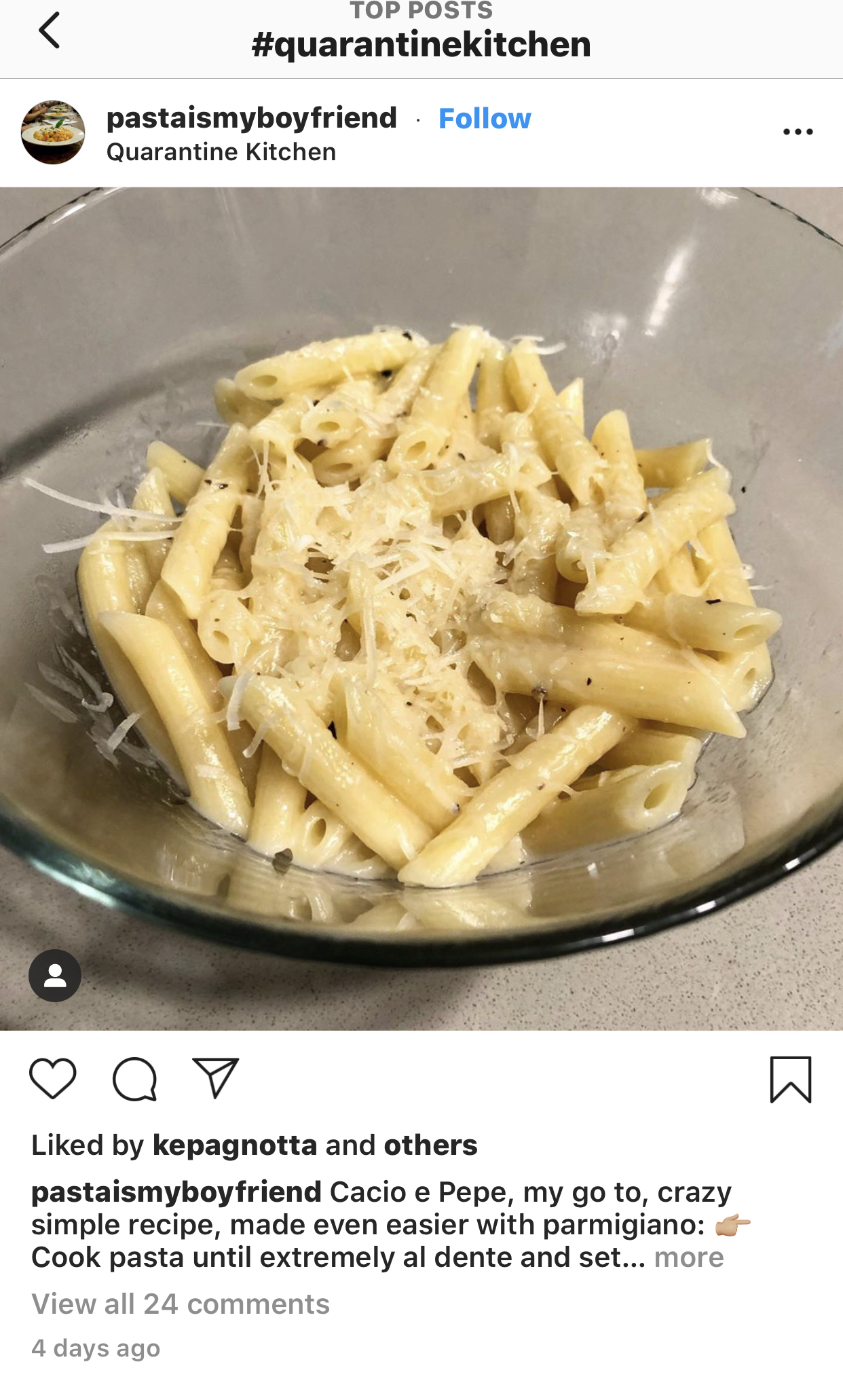
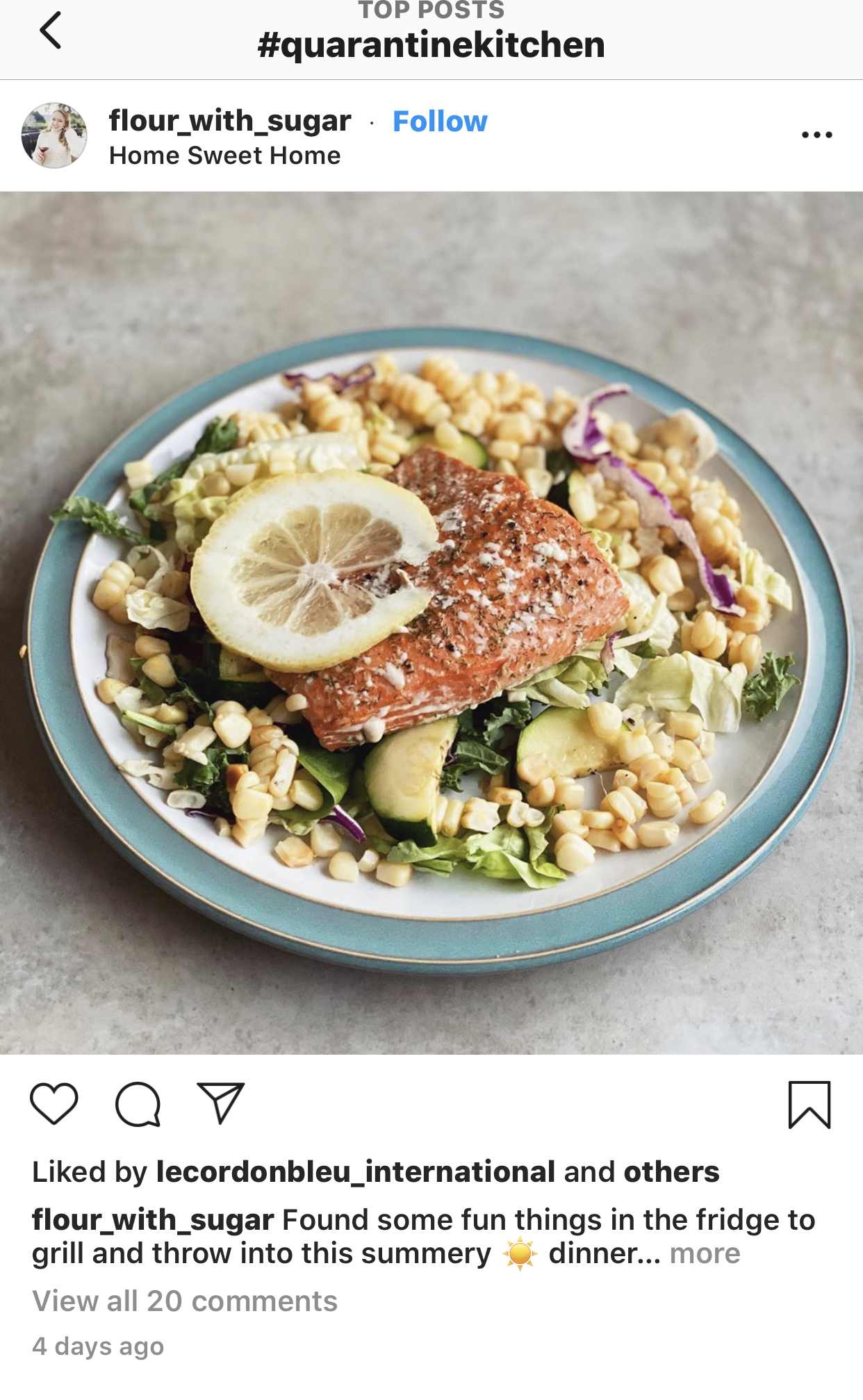
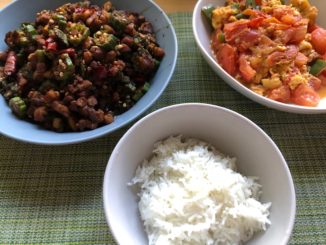

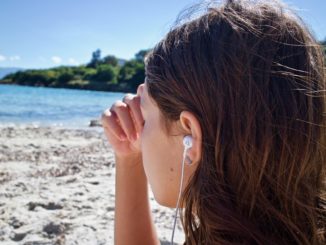
Be the first to comment